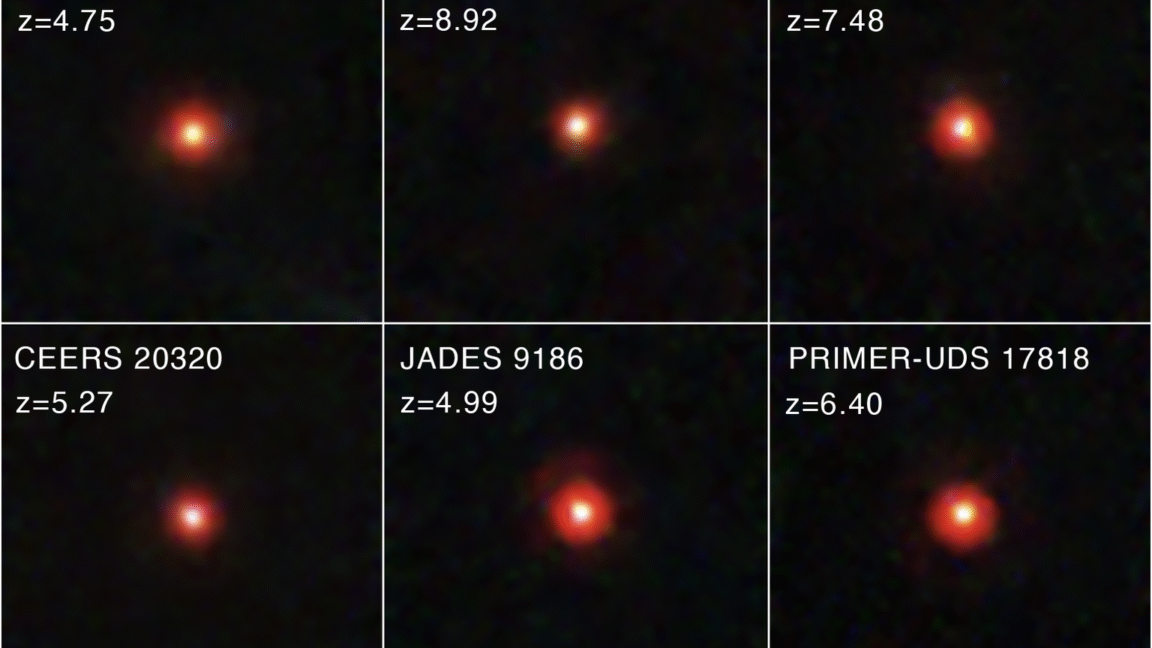
Early superdense star clusters may have planted seeds for monster black holes.
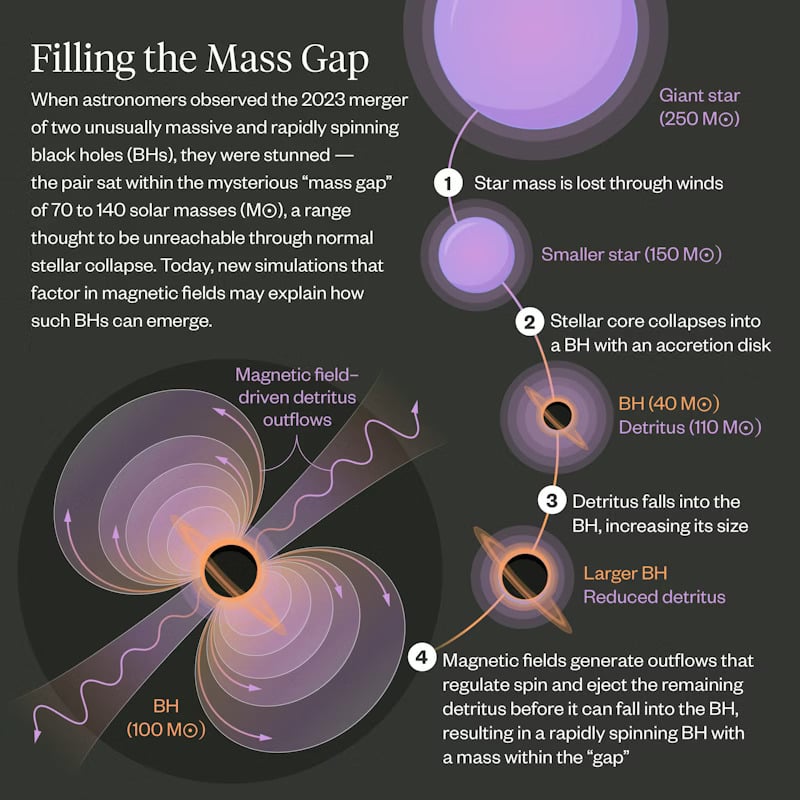
The black hole was bigger than expected, and while the answer was hiding in plain sight, it still rewrites what we thought was possible.
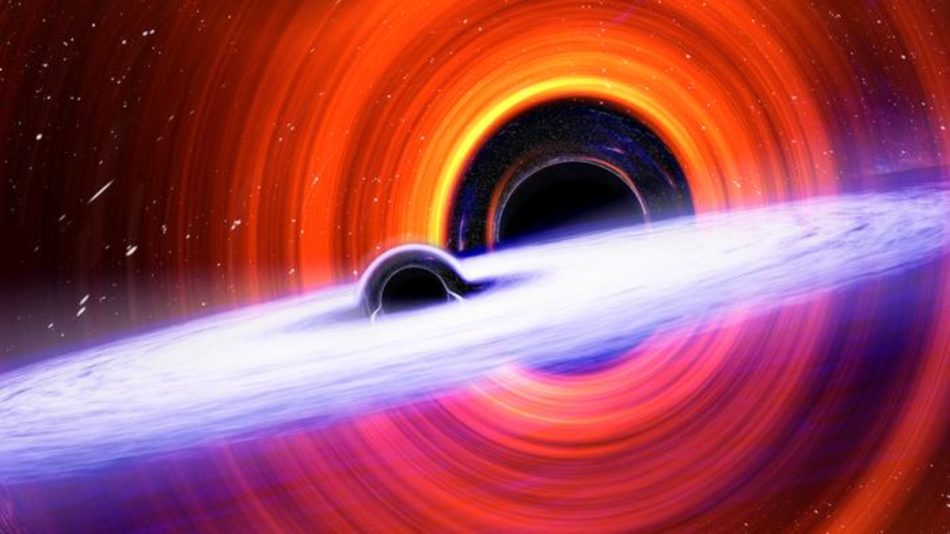
Gravitational waves from the birth of two newborn black holes caught the attention of scientists last year. Scientists have discovered something spectacular about the birth of one of the black holes.
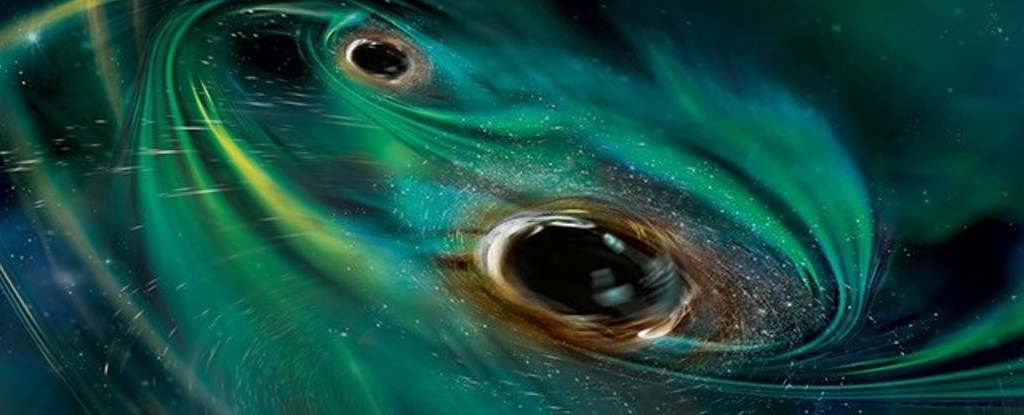
In March 2021, astronomers observed a high-energy burst of light from a distant galaxy. Assigned the name AT 2021hdr, it was thought to be a supernova.
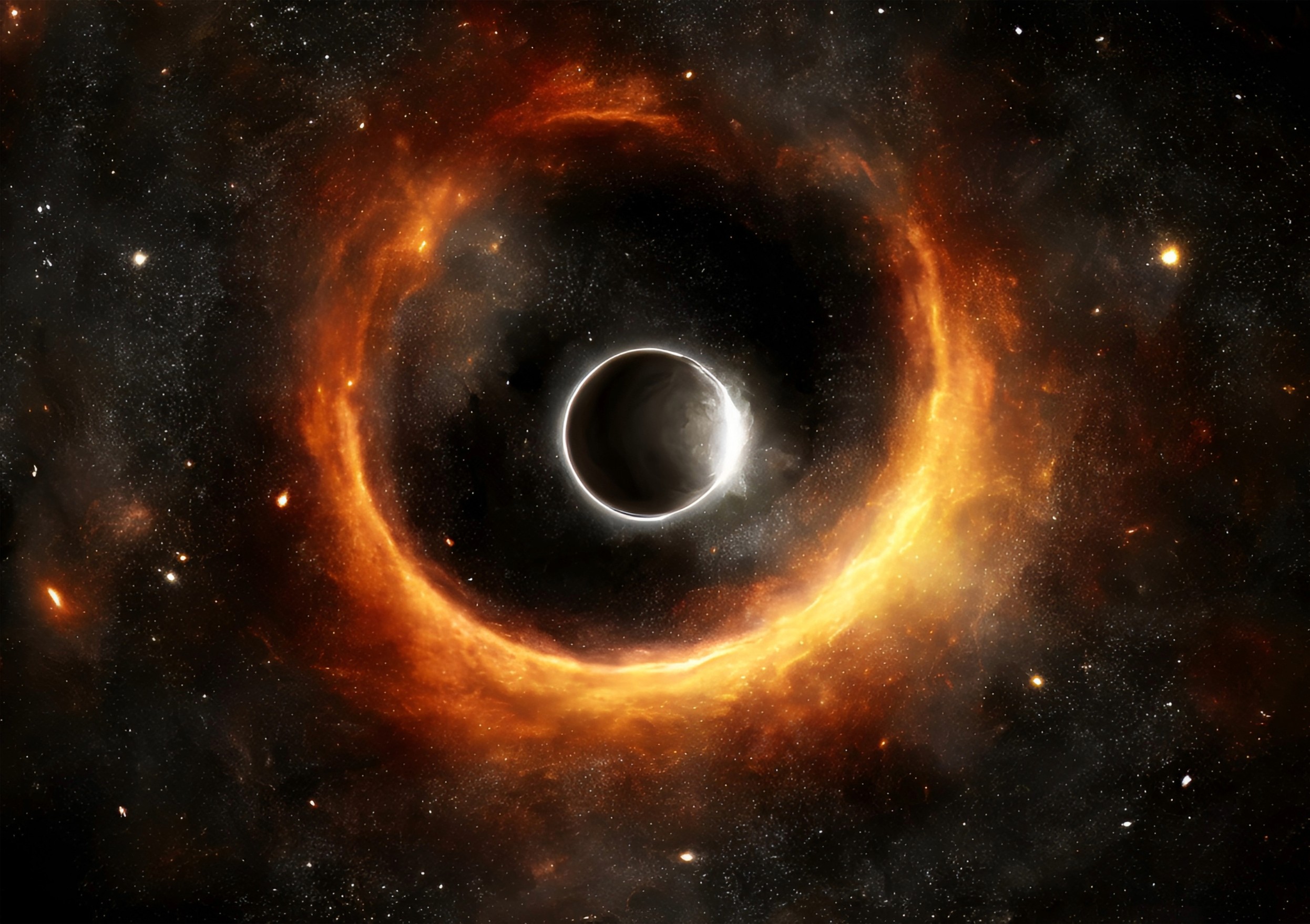
The study suggests Sagittarius A* likely formed through a merger with another black hole, explaining its spin and misalignment.

The latest discovery used the Hubble Space Telescope (HST) to spot three bright, visible light 'hot spots' deep inside a pair of colliding galaxies.

Dark matter could provide supermassive black holes the brakes they need to bring them crashing together at the end of a long, spiraling journey towards their destiny.
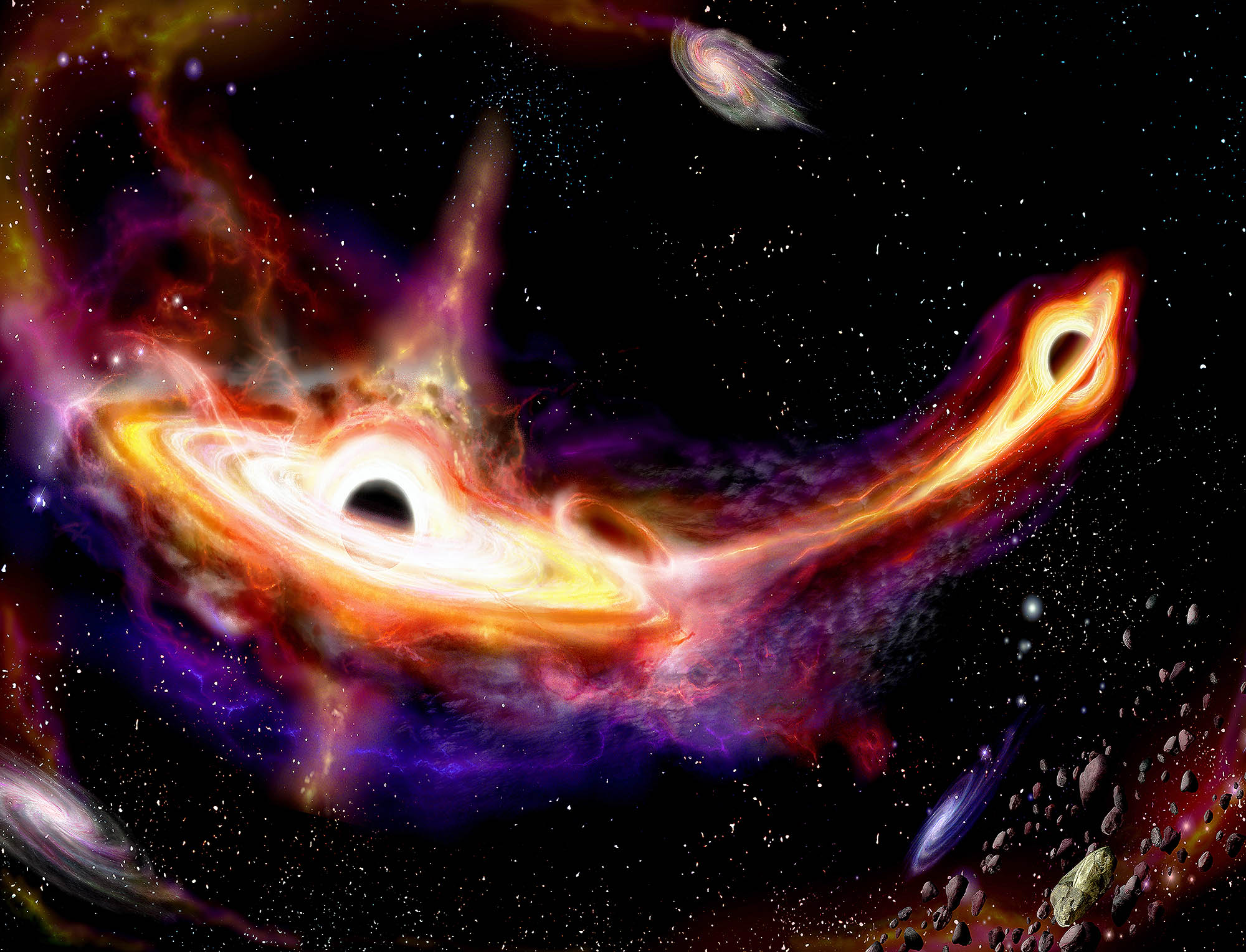
Astronomers discovered the first pair of merging quasars from the Cosmic Dawn, 900 million years after the Big Bang.
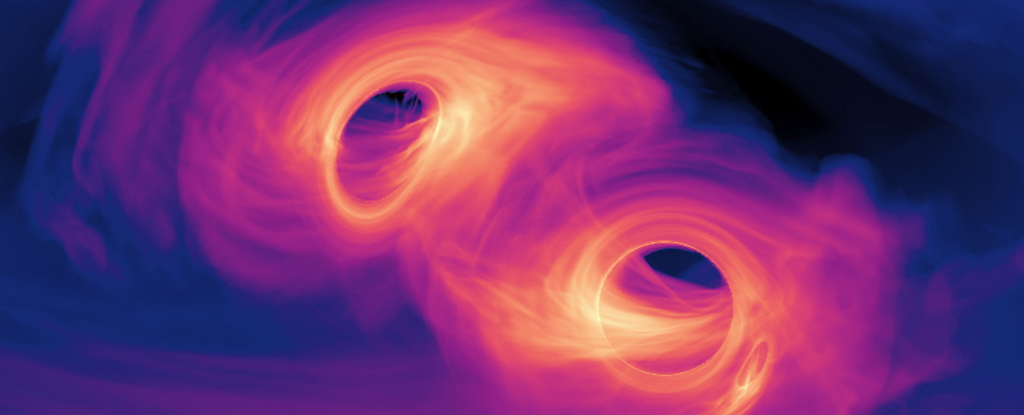
The researchers say that these black holes mergers are a window into Hawking Radiation. When black holes merge, they may create so-called "morsel" black holes the size of asteroids that are ejected into space.
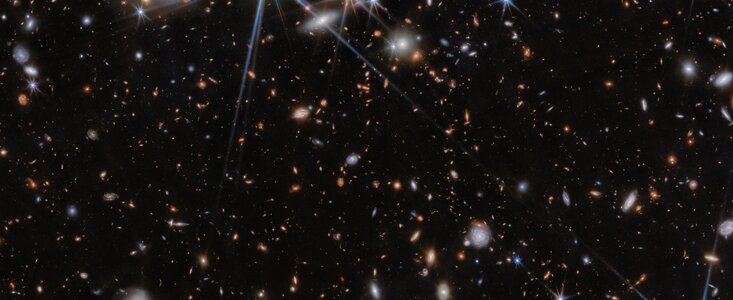
An international team of astronomers have used the NASA/ESA/CSA James Webb Space Telescope to find evidence for an ongoing merger of two galaxies and their massive black holes when the Universe was only 740 million years old.

According to a new analysis of a type of galaxy known as a blazar, the best explanation for unusual changes in their glow is a pair of supermassive black holes locked in a decaying orbit.
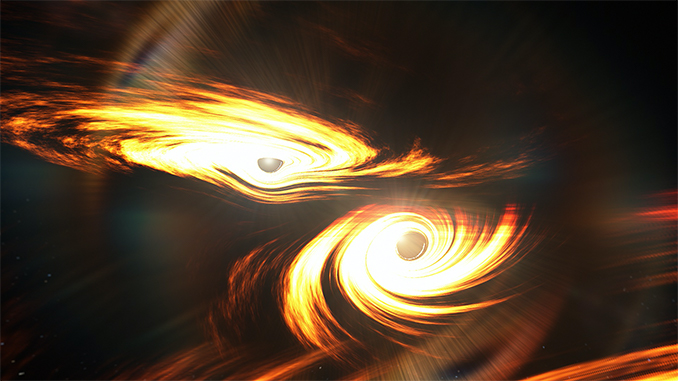
Gravitational wave observatories have detected ripples in space-time that indicate the merger of two black holes with 85 and 65 solar masses. The result was a single black hole with 142 times the Sun’s mass.
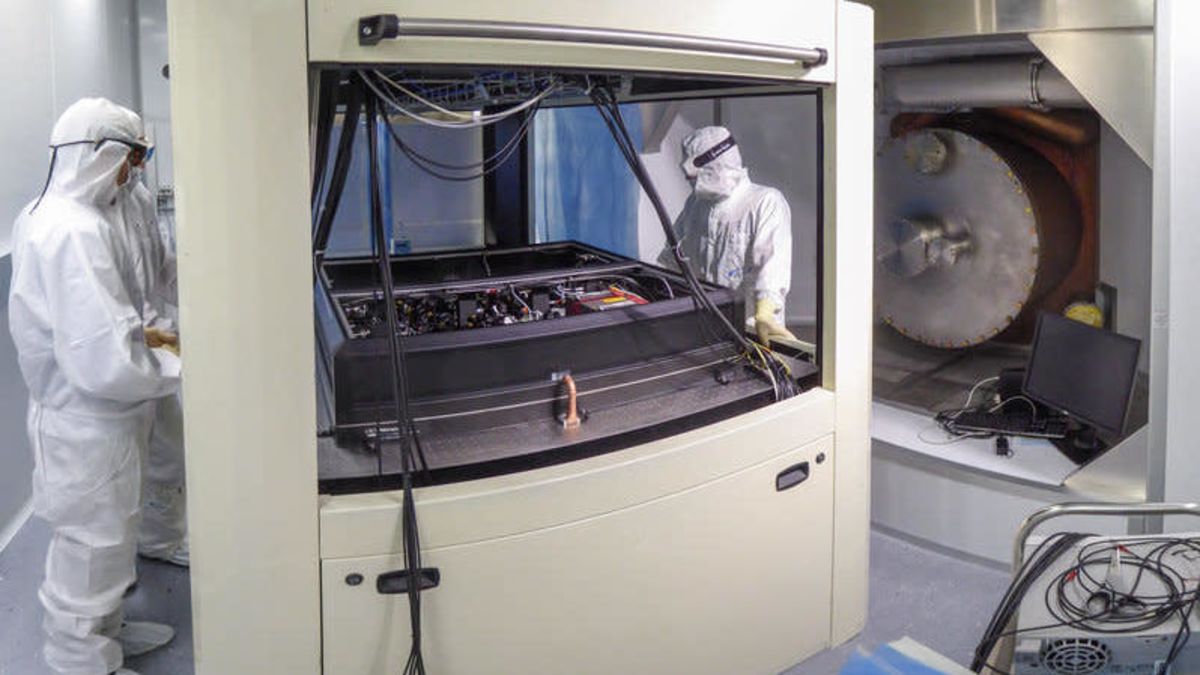
A new method, the result of decades of research, has allowed researchers to suppress vacuum noise and extend the reach of the gravitational wave detectors.
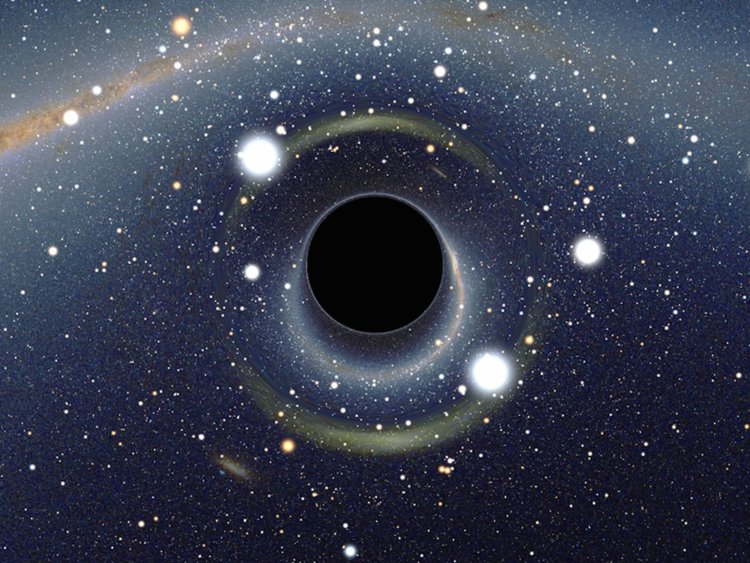
The “quiet” black hole is located just 20 light years from the supermassive four-million-solar-mass black hole lurking at the centre of the Milky Way. In the future, it will fall into the supermassive black hole.
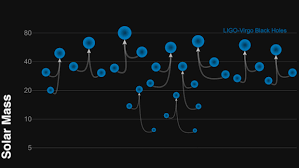
The LIGO and Virgo collaborations have now confidently detected gravitational waves from a total of 10 stellar-mass binary black hole mergers and one merger of neutron stars.